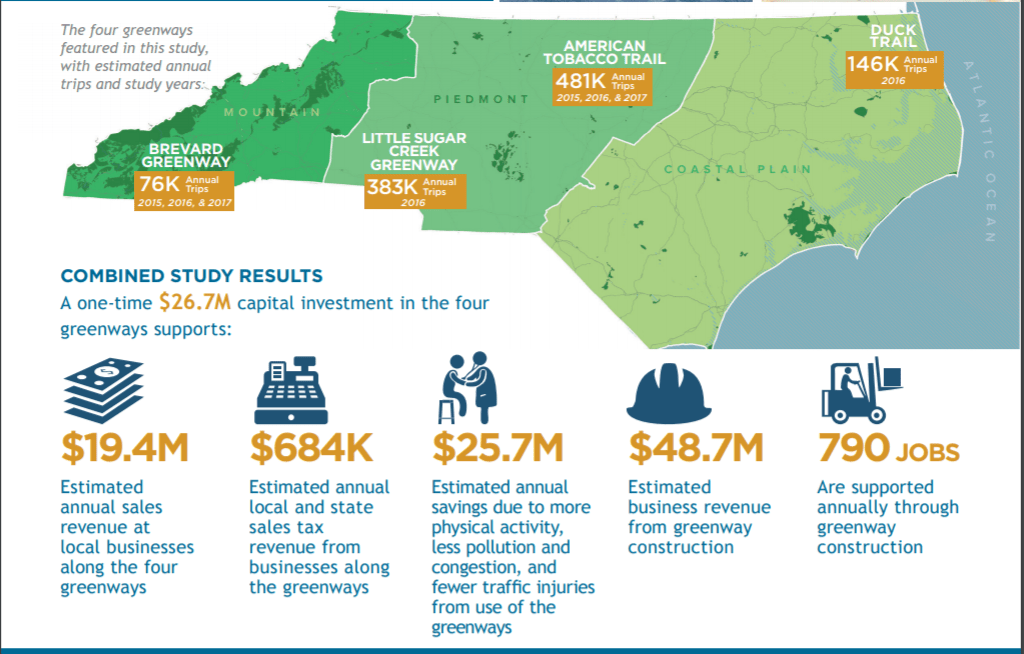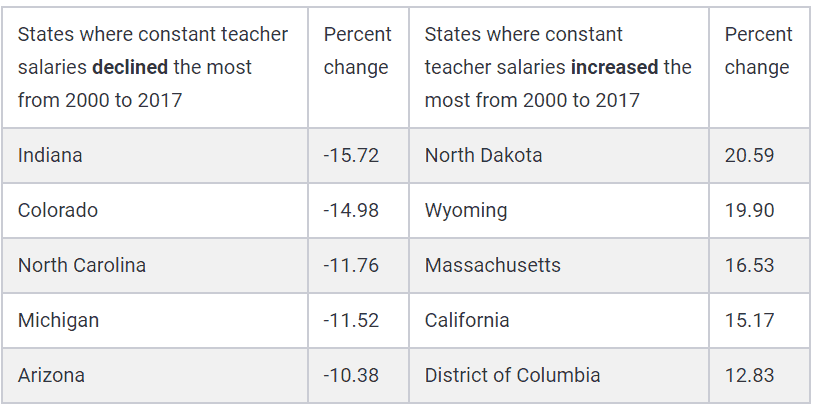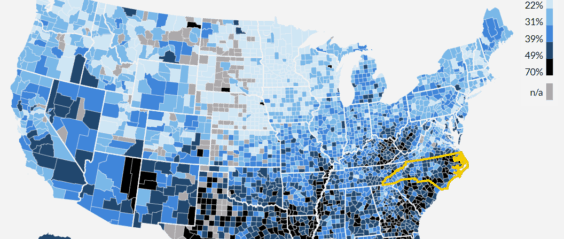In the Weeds
Good news for fitness enthusiasts and nature lovers: A new study by the Institute for Transportation Research and Education (ITRE) and Alta Planning and Design found that North Carolina’s greenways generate $1.72 for every $1 spent on trail construction every year. That money comes from local business revenue, sales tax revenue, and benefits related to health and transportation. The graphic below summarizes the key findings from the report.

Dropping Knowledge
Researchers from the University of Chicago, Stanford University, and New York University have some bad news for the record number of women running for office in 2018: gender bias is rampant in state legislatures. Their recent study examining careers of 25,000 U.S. state legislators found:
“Women are less likely to serve on top-flight committees, are less likely to chair these committees, and are less likely to serve in leadership. Women are also more likely to serve on women’s issues committees and to sponsor legislation on women’s issues.”
Researchers noted the increased likelihood for women to serve on women’s issue committees was not due to self-selection. Route Fifty has a good article summarizing the study if you don’t want to dive in yourself.
Making News
You have probably heard about the recent teacher strike in West Virginia and the ongoing teacher strikes in Oklahoma and Kentucky. EdSurge published a relevant article yesterday looking at the nationwide trend of declining teacher pay measured by constant teacher pay, which is pay adjusted for the cost of living. North Carolina is one of the five states where constant teacher salaries declined the most from 2000 to 2017:

These strikes are happening in right-to-work states, or states where employees are not forced to pay union dues, leading some to conclude that weak labor laws lead to lower salaries and a higher likelihood of a strike. A recent article in Governing debunks this myth, citing a new study from Stanford University that finds no evidence collective bargaining had an effect on teacher salaries or education funding. The author of the study is quick to point out, however, that states with strong labor laws were already spending more on education before passing those laws.
What we're reading
Debt in America: An Interactive Map
This week's featured read is a set of interactive maps that shows student loan and medical debt by county in the U.S. In many counties in North Carolina, over 50% of the population has medical debt. ... Read the rest-
Final Numbers Show N.C. Insurance Signups Were Strong, But Just Under the Wire
-
New Momentum for Addiction Treatment Behind Bars
-
Virtual Health Care Could Save the U.S. Billions Each Year
-
An International Final Four: Which Country Handles Student Debt Best?
-
Blocking amino acid found in asparagus stifles breast cancer
-
Why ‘Opportunity Zones’ could solve unemployment in slow growth areas


